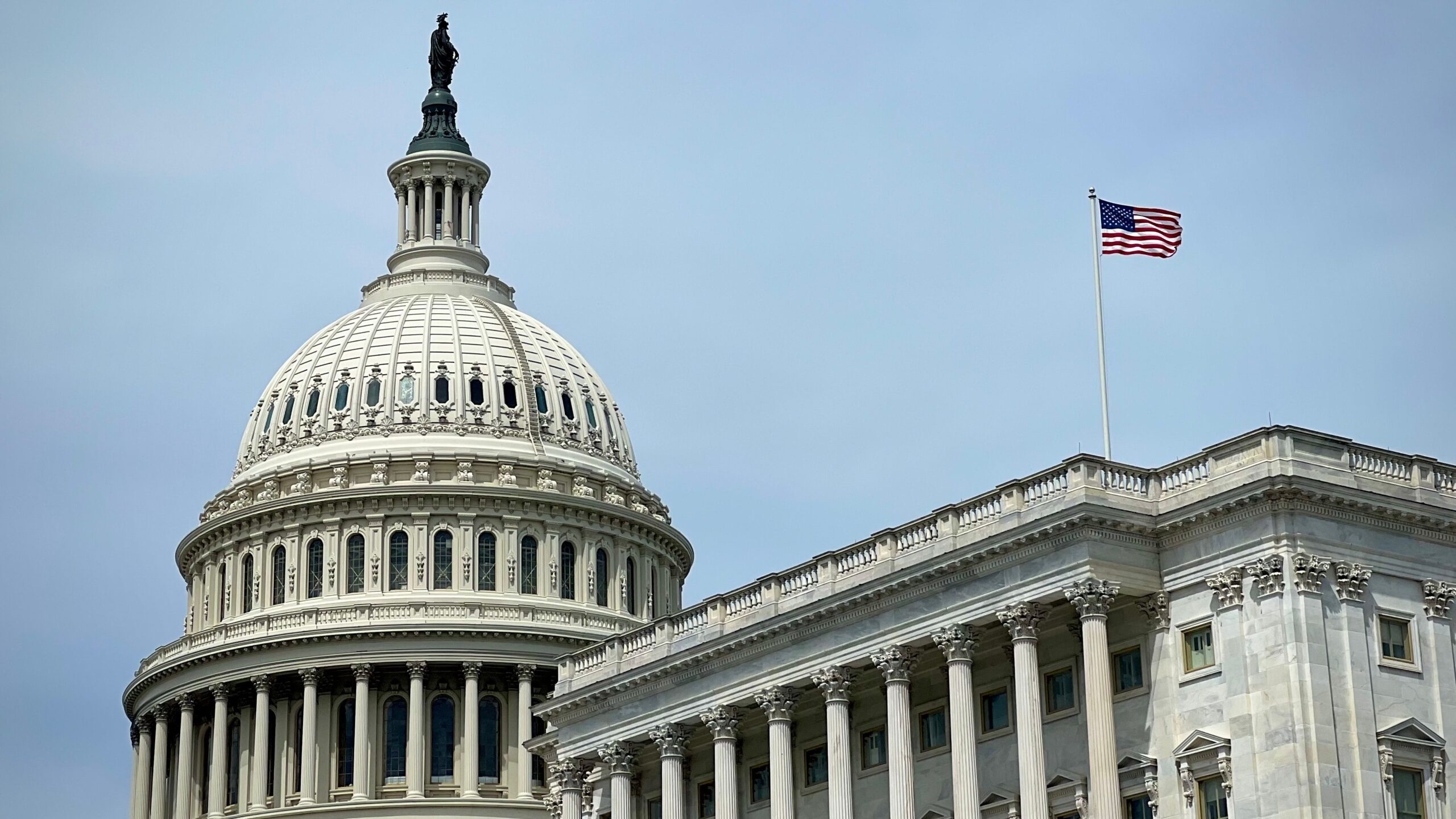
Crypto Venture Capital Funds Face Challenges in Securing Investments as Startup Fundraising Recovers in 2025
Crypto venture capital firms are facing operational challenges and a trend toward consolidation, even as individual projects see an increase in fundraising activities.
In the first quarter, crypto startups managed to secure $5.85 billion, representing nearly 61% of the total funds amassed throughout 2024.
Tom Dunleavy, head of venture at Varys Capital, noted that despite the substantial influx of capital, fewer funds are actively investing. Many firms that emerged during the previous market cycle are no longer consistently engaging in investment opportunities.
He indicated that the decrease in investment comes from reduced capital reserves and insufficient returns, describing the scenario as “significant consolidation within crypto VC.”
Dunleavy observed that a number of funds raised in 2021 and 2022 are effectively “shadow insolvent,” lacking capital yet still appearing active. He anticipates that many lesser-known firms, as well as some established players, may cease operations by 2026.
Data from Galaxy Research illustrates that while fundraising for startups is rebounding, venture capital funds are securing less for investing in crypto initiatives.
Moreover, the count of new crypto VC funds, which reached a peak of over 300 in 2022, has continually declined. In 2024, only around 50 new funds have been established, with merely a small segment entering the market in the initial quarter of 2025.
The number of repeat investors has also diminished. Recent data shows that only 67 out of all active funds in the past 180 days have made multiple investments, which is less than half.
Dunleavy pointed to several contributing factors, including the absence of distributions to paid-in capital, a lack of notable investment successes to attract capital allocators’ attention, and slower inflows from high-net-worth individuals.
He further mentioned that institutional investors remain cautious despite advancements in regulatory frameworks across various regions.
The trends in fundraising do not reflect the contraction witnessed among venture firms. The uptick in fundraising volumes during the first quarter indicates a rising interest in crypto startups. However, capital is now flowing from a more limited group of repeat investors and larger allocators.
Consequently, venture activity is becoming increasingly concentrated. Funding is no longer spread across numerous generalist funds but is being funneled into a smaller number of active players that possess ample resources and distinctive investment strategies.
Dunleavy sees this shift as a potentially beneficial change for the industry, suggesting that venture capital firms are becoming more selective in their investments, which could lead to the success of stronger companies.
The crypto fundraising environment is evolving into a divergent phase. While startups are attracting funds at a faster pace compared to last year, crypto VC firms face difficulties in proving their relevance, raising new capital, and maintaining activity in a more streamlined and disciplined market.



















Post Comment